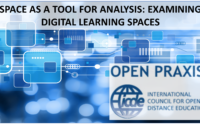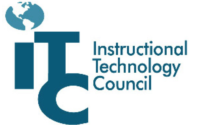
Predictors of Instructor Practices and Course Activities that Engage Online Students
Much research on student engagement has recommended a variety of activities and instructor attitudes and behaviors that effectively engage online students such that they are more likely to persist in achieving their educational goals. This study asked online students how often they engaged in research-based effective activities in their courses and how much their instructors […]














